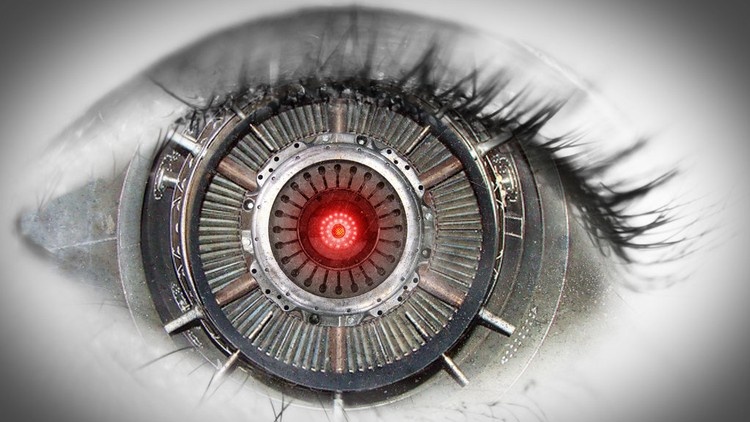Deep Learning: Advanced Computer Vision (GANs, SSD, +More!)
VGG, ResNet, Inception, SSD, RetinaNet, Neural Style Transfer, GANs +More in Tensorflow, Keras, and Python
4.67 (6618 reviews)

44,019
students
17 hours
content
Apr 2025
last update
$119.99
regular price
What you will learn
Understand and apply transfer learning
Understand and use state-of-the-art convolutional neural nets such as VGG, ResNet and Inception
Understand and use object detection algorithms like SSD
Understand and apply neural style transfer
Understand state-of-the-art computer vision topics
Class Activation Maps
GANs (Generative Adversarial Networks)
Object Localization Implementation Project
Understand important foundations for OpenAI ChatGPT, GPT-4, DALL-E, Midjourney, and Stable Diffusion
Screenshots




Related Topics
1533864
udemy ID
1/31/2018
course created date
9/12/2019
course indexed date
Bot
course submited by